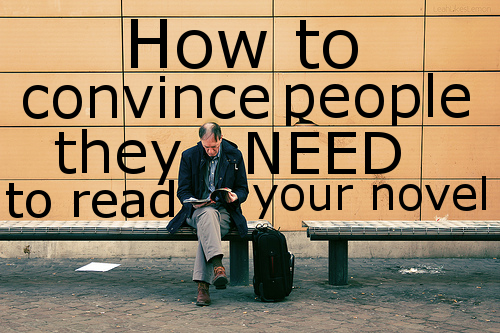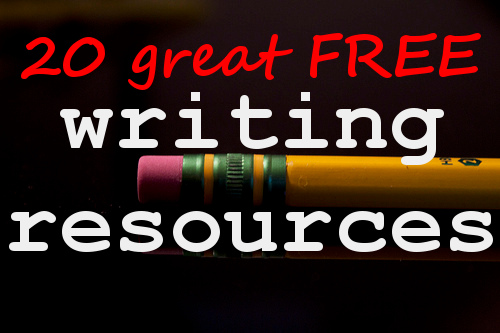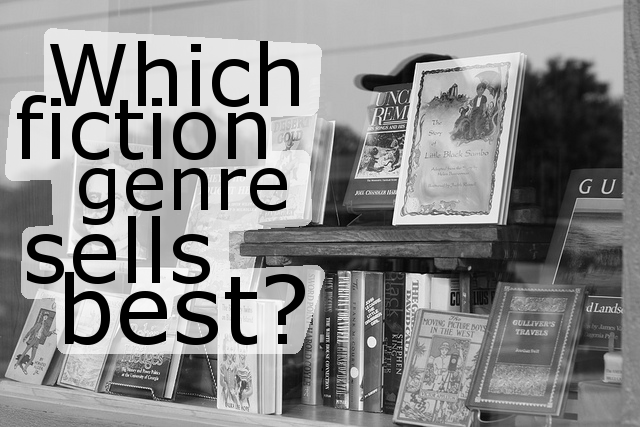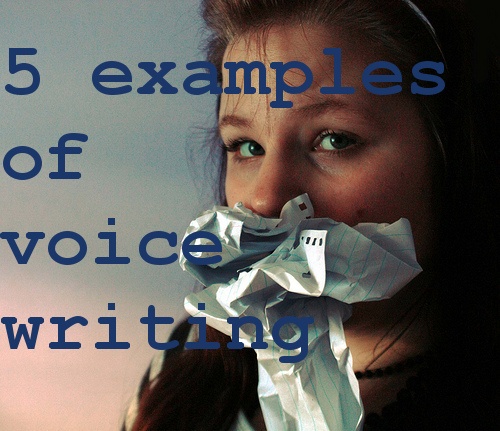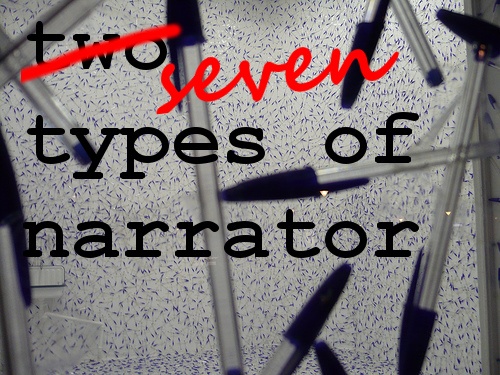How well do you know your genre?
I’m on a mission to become better acquainted with mine.
If you’ve ever read Battlefield Earth, you’ve seen the mega list of names to which Hubbard dedicated the book – the Golden Age authors of the magazines from the ’30s and ’40s, such as Amazing Stories and John W. Campbell Jr.’s Astounding Science Fiction.
Though hardly the beginning of the genre, the Golden Age was that sweet spot, when it was just beginning to bud, to find its voice – before the genre grew too big for one person to read in a lifetime.
Though I’ve read a lot of science fiction, I’ve only read seven of these authors. Seven!
I want a better grasp on the classics than that. I’m starting with Before the Golden Age: A Science Fiction Anthology of the 1930s, compiled by Isaac Asimov. These are his favorite stories from when he was growing up – ones that influenced his own journey to writerdom. Some of these authors aren’t on Hubbard’s list, but of course I’m going to read them anyway.
How have you studied your genre? What authors most influenced your writing style? Tell me in the comments!
And if sci-fi and fantasy are your game, take a gander at this infographic. Hubbard’s full list is in text below, so you can copy and paste anywhere (I made myself a little Evernote checklist).
And the text version:
Science Fiction & Fantasy Golden Age Authors
He mentions these first:
Robert A. Heinlein
A.E. van Vogt
John W. Campbell, Jr.
And then all these:
Forrest J. Ackerman
Poul Anderson
Isaac Asimov
Harry Bates
Eando Bender
Alfred Bester
James Blish
Robert Bloch
Nelson Bond
Anthony Boucher
Leigh Brackett
Ray Bradbury
Fredric Brown
Arthur J. Burks
Edgar Rice Burroughs
Karel Capek
E.J. Carnell
Cleve Cartmill
Arthur C. Clarke
Hal Clement
Groff Conklin
Ray Cummings
L. Sprague de Camp
Lester del Rey
August Derleth
Ralph Milne Farley
Hugo Gernspack
Mary Gnaedinger
H.L. Gold
Edmond Hamilton
Robert E. Howard
E. Mayne Hull
Aldous Huxley
Malcolm Jameson
David H. Keller
Otis Adelbert Kline
C.M. Kornbluth
Henry Kuttner
Fritz Leiber
Murray Leinster
Willy Ley
Frank Belknap Long
H.P. Lovecraft
R.W. Lowndes
J. Francis McComas
Laurence Manning
Leo Margulies
Judith Merril
Sam Merwin, Jr.
P. Shuyler Miller
C.L. “Northwest Smith” Moore
Alden H. Norton
George Orwell
Raymond A. Palmer
Frederik Pohl
Fletcher Pratt
E. Hoffman Price
Ed Earl Repp
Ross Rocklynne
Eric Frank Russell
Nathan Schachner
Idris Seabright (Margaret St. Clair)
Clifford D. Simak
C.A. Smith
E.E. “Doc” Smith
Olaf Stapeldon
Theodore Sturgeon
John Taine
William F. Temple
F. Orlin Tremain
Wilson Tucker
Jack Vance
Donald Wandrei
Stanley G. Weinbaum
Manly Wade Wellman
H.G. Wells
Jack Williamson
Russell Winderbotham
Donald A. Wollheim
Farnsworth Wright
S. Fowler Wright
Philip Wylie
John Wyndham
Arthur Leo Zagat
–





